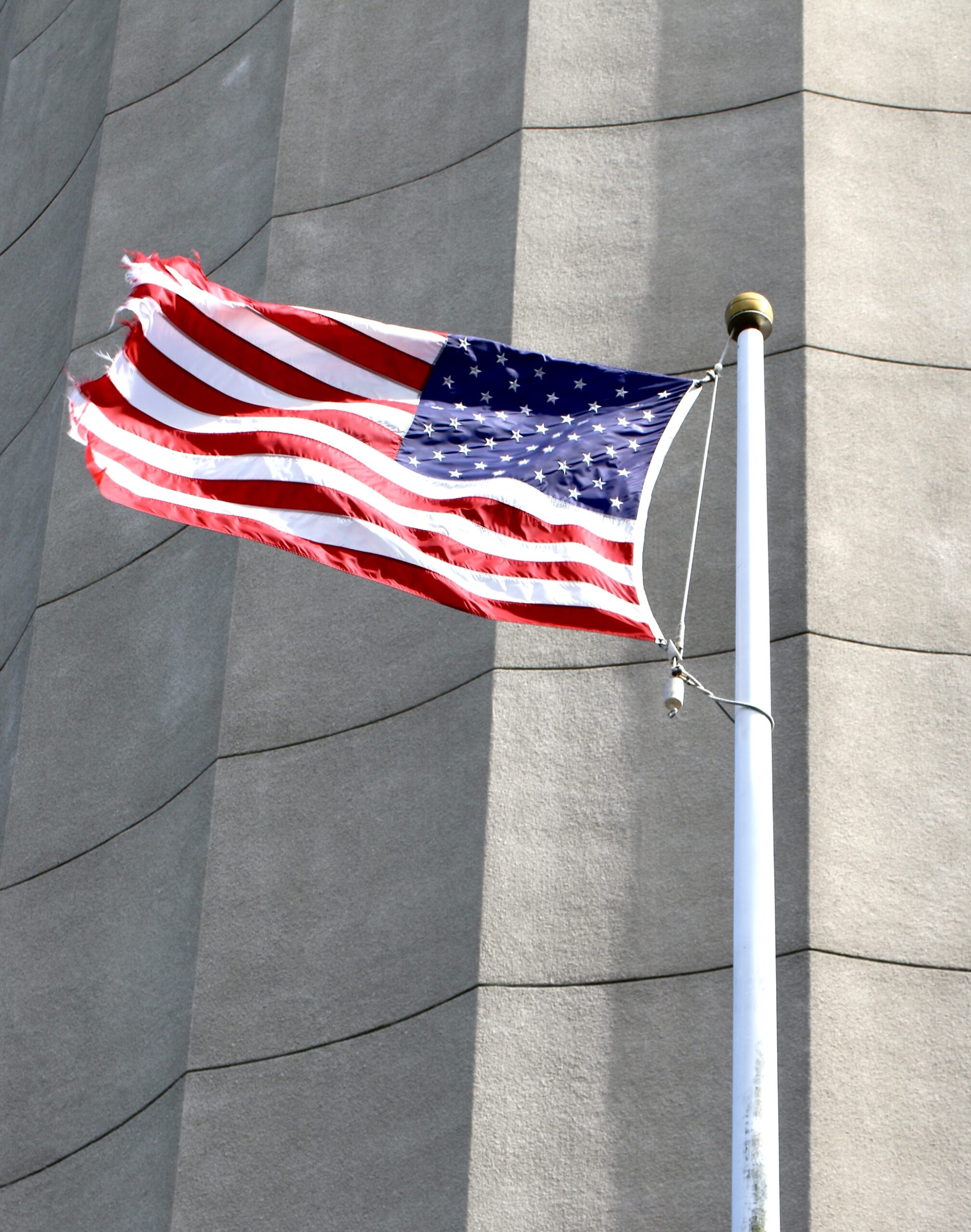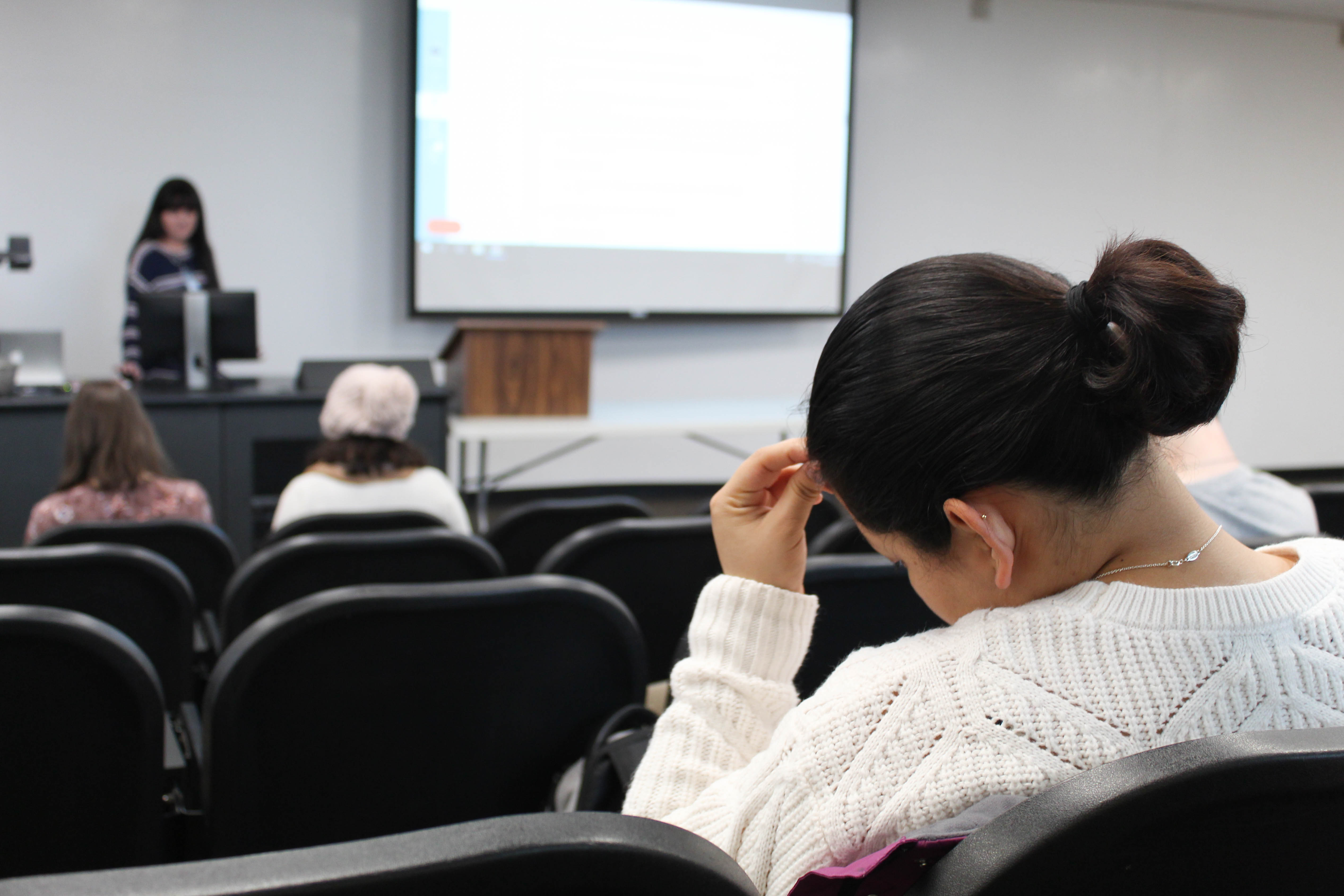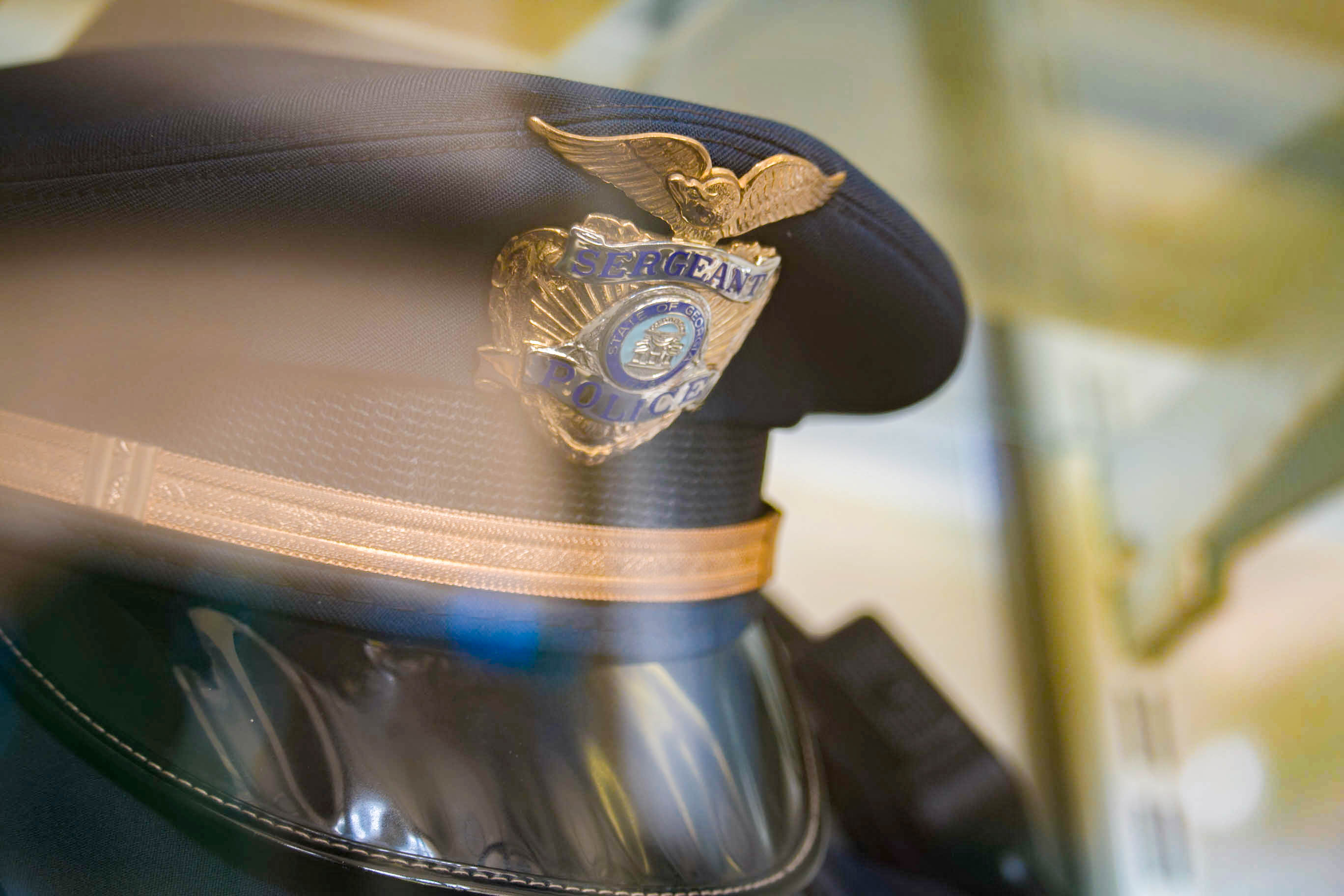Students observed domestic terrorists of “Make America Great Again” and Q-Anon origin storm the Capital a year ago and they should now reflect on the dangers of systemic issues that threaten democracy.
The terrorists intended to brutalize Congress members from both major political parties, destroy government property and occupy the Capital building to send a message to the world: The 2020 election was “wrongfully” stolen from Former President Donald J. Trump.
The days following Jan. 6 rang a stark warning for the US: Democracy is facing the ultimate test from its longest and most powerful protector.
Students consciously and unconsciously involve themselves in America’s political, economic and social systems, assessing how individuals and communities can learn from the tumultuous insurrection and how its aftermath can pull America towards an egalitarian democracy.
No words will heal the gaping wound between America’s major political parties. The constant verbal violence between political leaders and government institutions surrounding Jan. 6 push each side to retreat to their default positions and continue rival antagonism, according to Forbes. However, inaction and silence in the wake of an anti-American insurrection generate seismic pressure to uphold the failures of America’s political society. It is imperative to collectively rebuild trust in elections, respect for election results, and abide by those results, according to StarTribune.
Numerous words of hatred and distaste for the insurrection’s domestic terrorists appear daily across social media and news outlets. However, by glossing over the underlining motives of the perpetrators, a vital piece of the years leading up to the Jan. 6 story is missing. The systematic conflicts of capitalism, racism, sexism and poverty afflict all participating in American society. The aggressive antics of the white conservative domestic terrorists of the insurrection represent the infection of inferiority felt by white Americans.
The decline in the economic position of white people over several decades incites fear of losing social and cultural privileges among white conservatives, primarily the economically poor and poorly educated. The mixing of cultural and economic anxieties charges tribal politics into a brooding and disastrous conflict, which is becoming more difficult to ignore, according to Brookings.
The insurrection was a blatant display of white supremacy. American Republicans, in and out of Congress, continue to dismiss the brutal attack on democracy and encourage the faux-virtue and patriotism of its assailants, according to Brookings.
We all live in a desperate era of American politics regardless of political association. It is crucial to defuse current conflicts and address underlying issues affecting all Americans in various proportions.
Students can reflect on the insurrection and begin to address political rivalry, white supremacy and economic desperation individually before supporting communities intent on explaining and dismantling harmful systems under which no American is truly equal.
The aftermath of the insurrection is a tiring matter. Yet, suppose that individually and collectively society can approach empathy, compromise, and commitment to American democracy from a perspective of the intersectional backgrounds that shape a person’s political beliefs and actions. In that case, the American Republic may remain intact.



